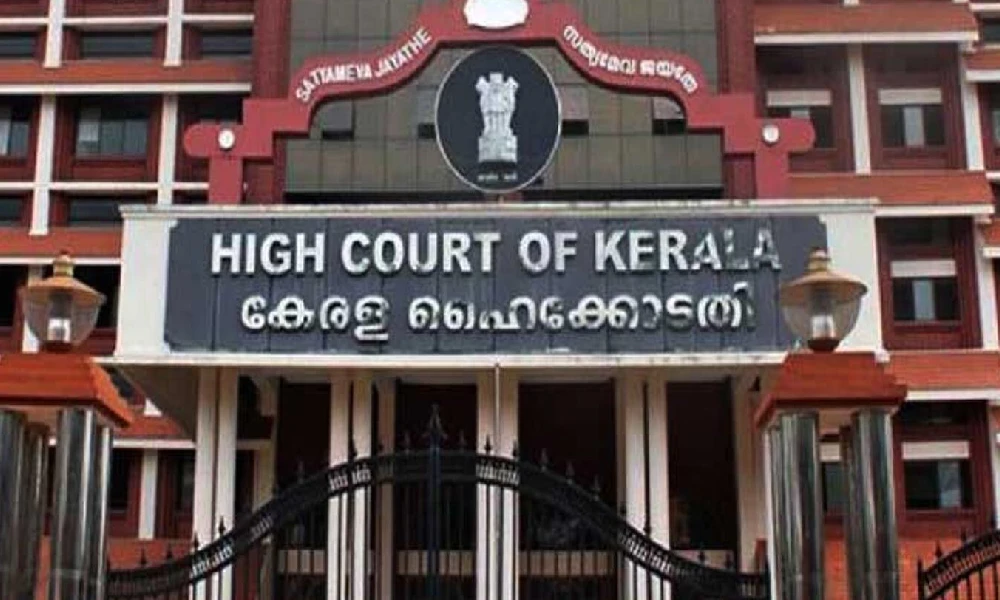Jahanvi Agarwal
A three-year-old girl was named by the Kerala High Court after her estranged parents were unable to agree on a name for her.
In an August ruling, Justice Bechu Kurian Thomas stated that the mother’s preferred name, with whom the kid is now staying, must be given fair consideration, and that the father’s name must also be included owing to the lack of any paternity disputes. The issue before the Court was over the name of the daughter of a divorcing couple.
Her mother tried to register a name because the girl’s birth certificate was issued without a name. To record the name, the Registrar of Births and Deaths requested that both parents be present.
The mother appeared before the Kerela High Court since the pair had failed to agree on a name. On February 12, 2020, the baby was born, and the parents’ relationship quickly collapsed. The court noted in its judgment of September 5 that when exercising its parens patriae authority, the wellbeing of the child came before the rights of the parents.
Parens patriae is a legal principle that envisages the state or the court in a protective role over its citizens.
The Court states that:
“While choosing a name, factors like the welfare of the child, cultural considerations, interests of parents, and societal norms can be reckoned by the court. The ultimate objective being the well-being of the child, the court has to adopt a name, taking into consideration the overall circumstances. Thus, this court is compelled to exercise its parens patriae jurisdiction to select a name for the child.”

